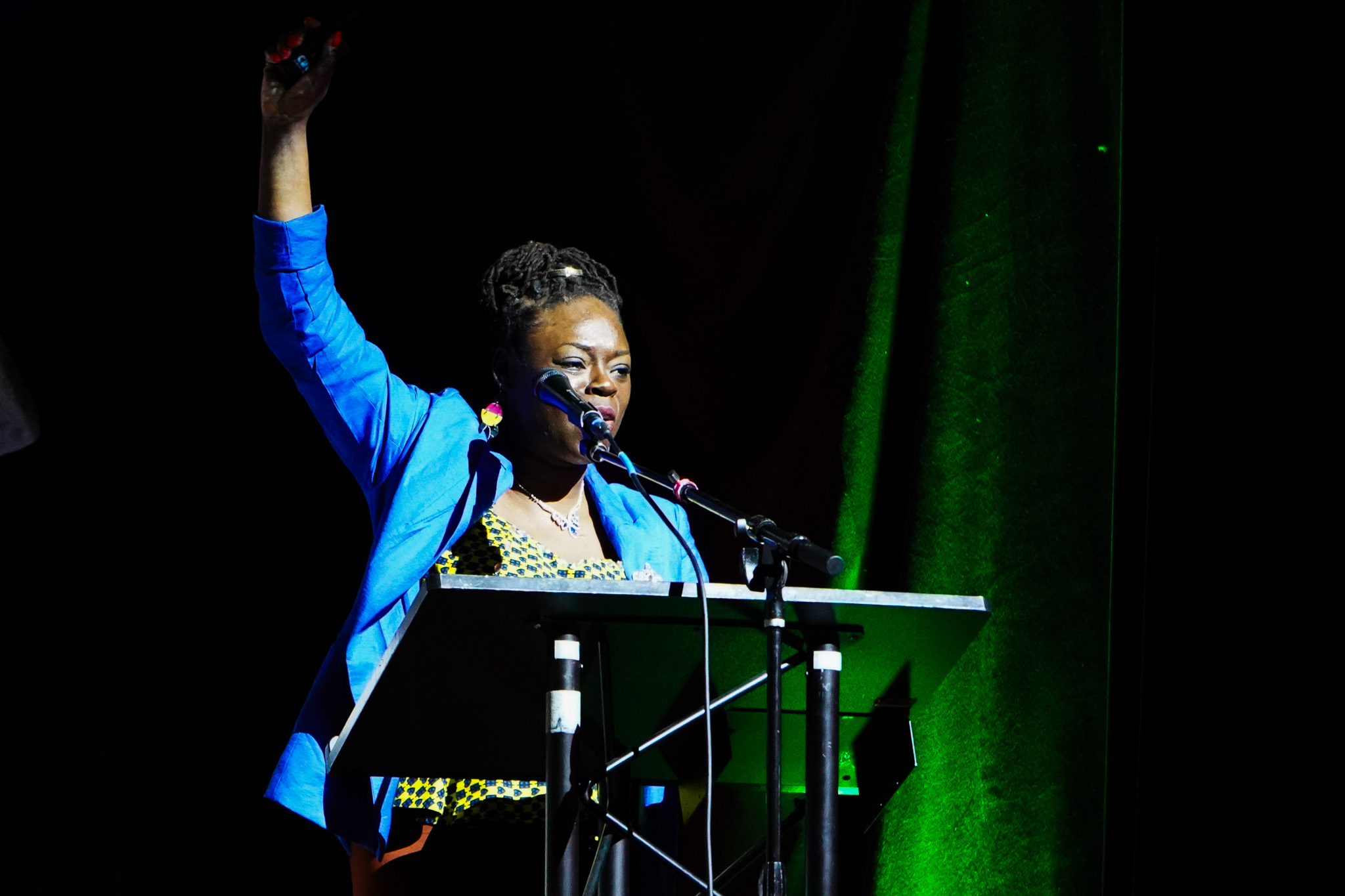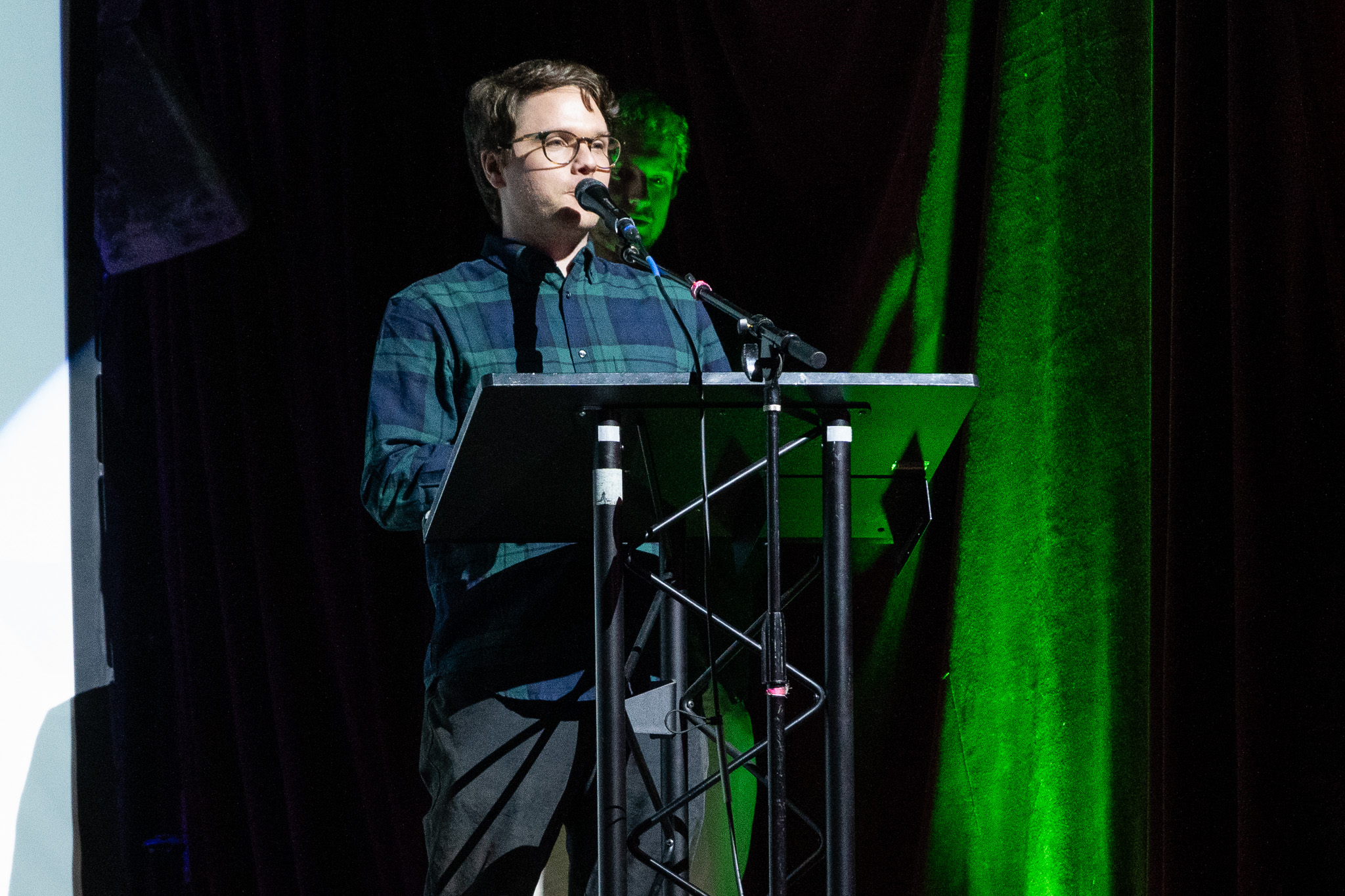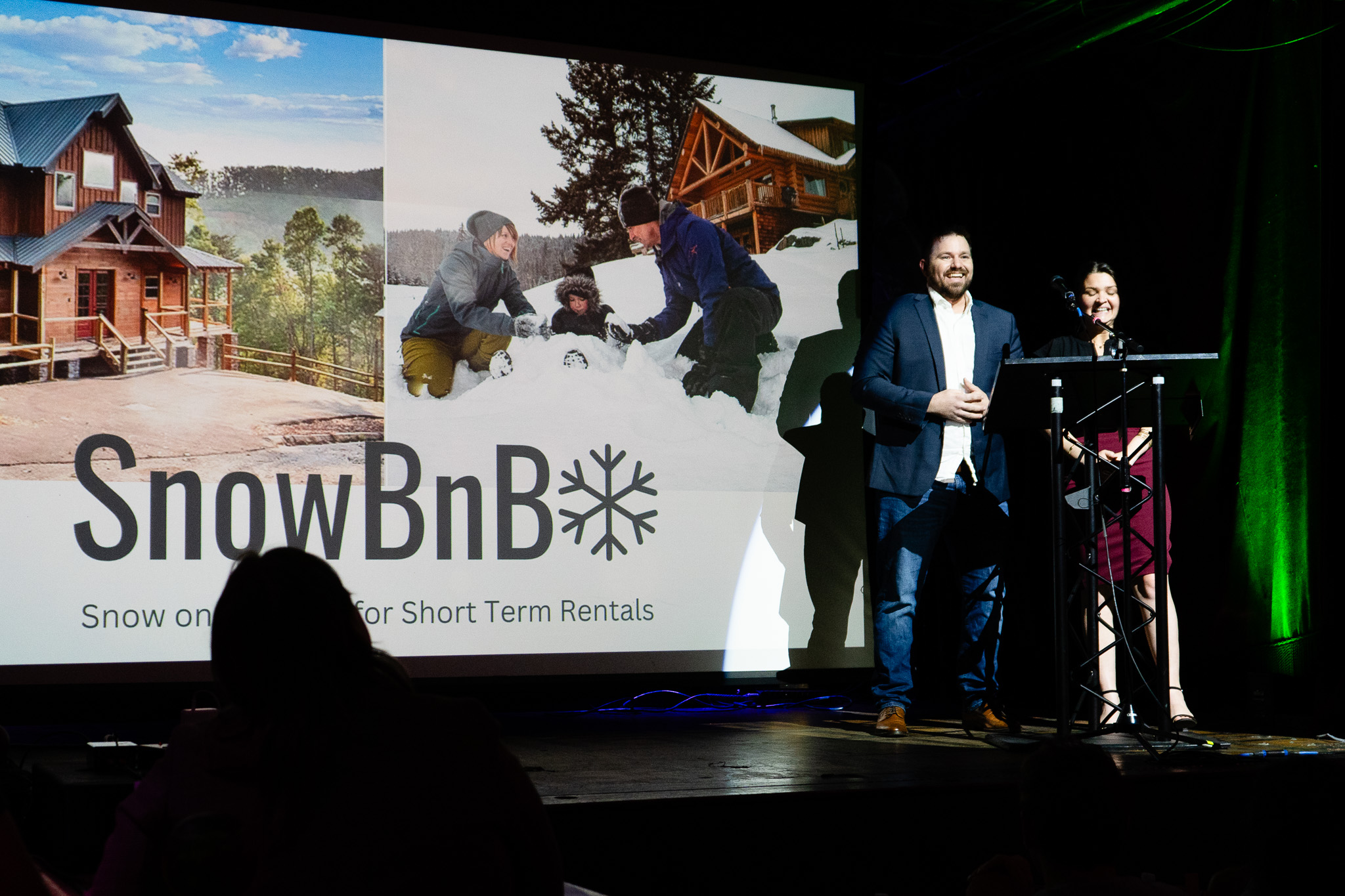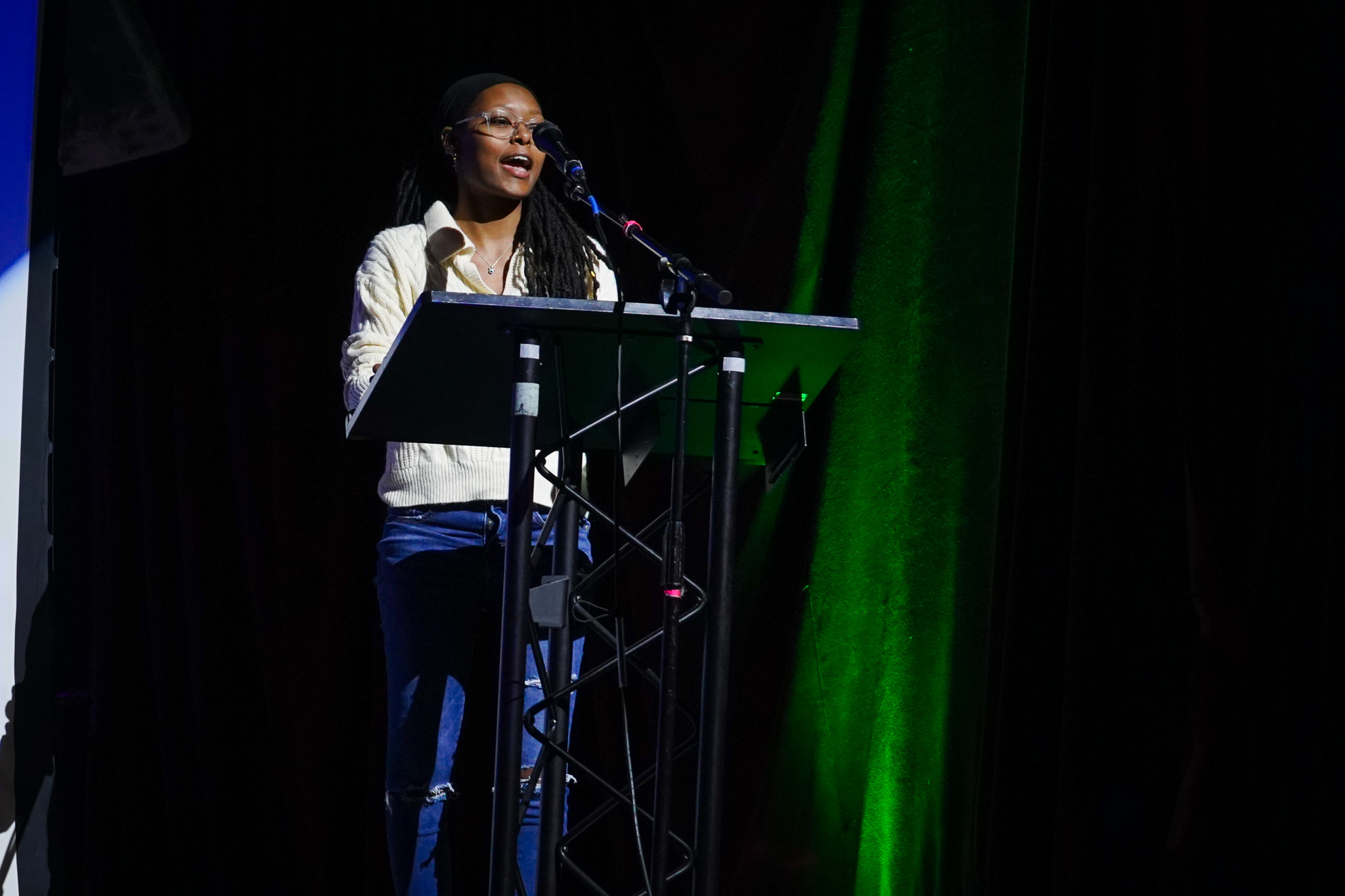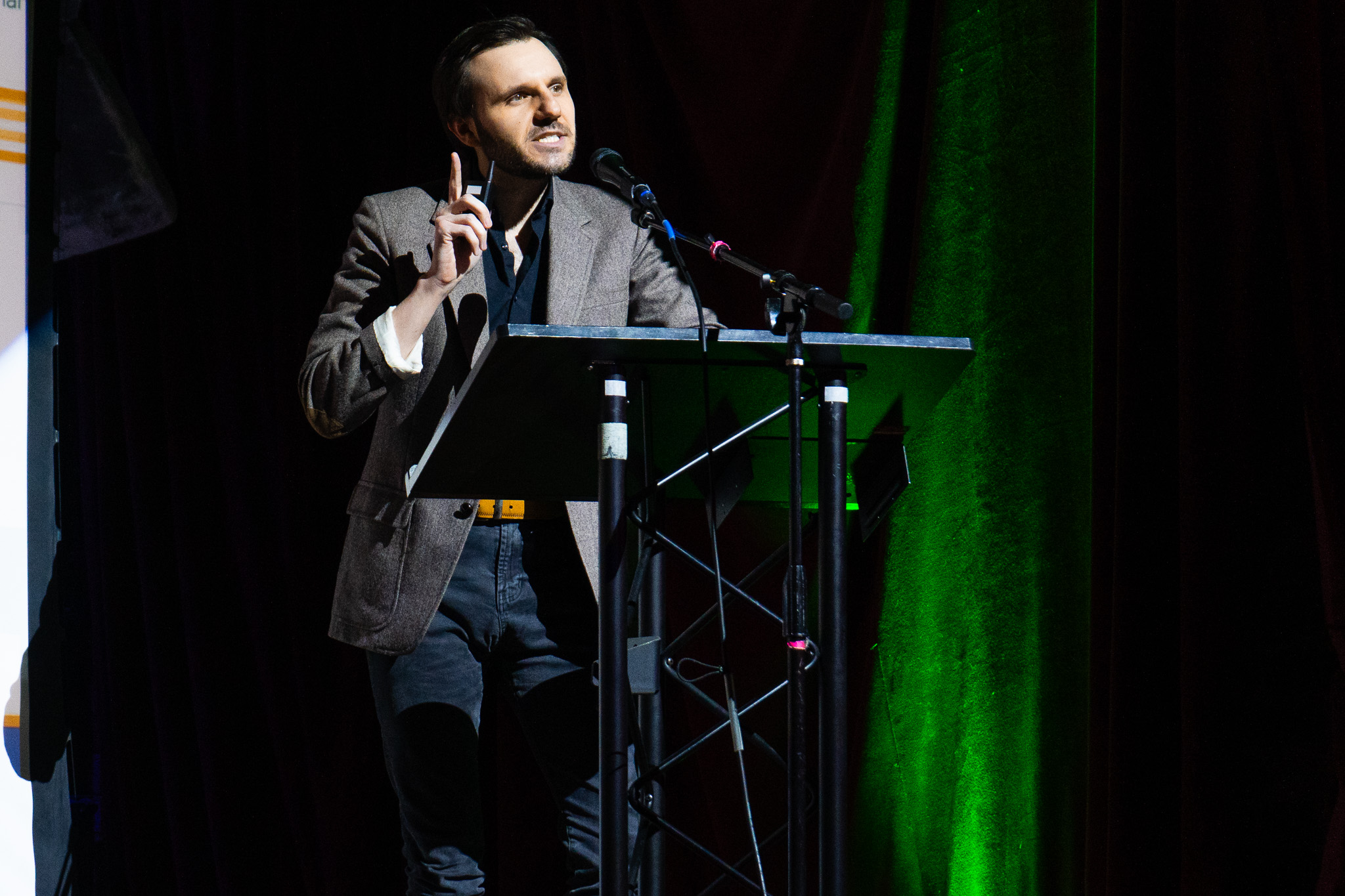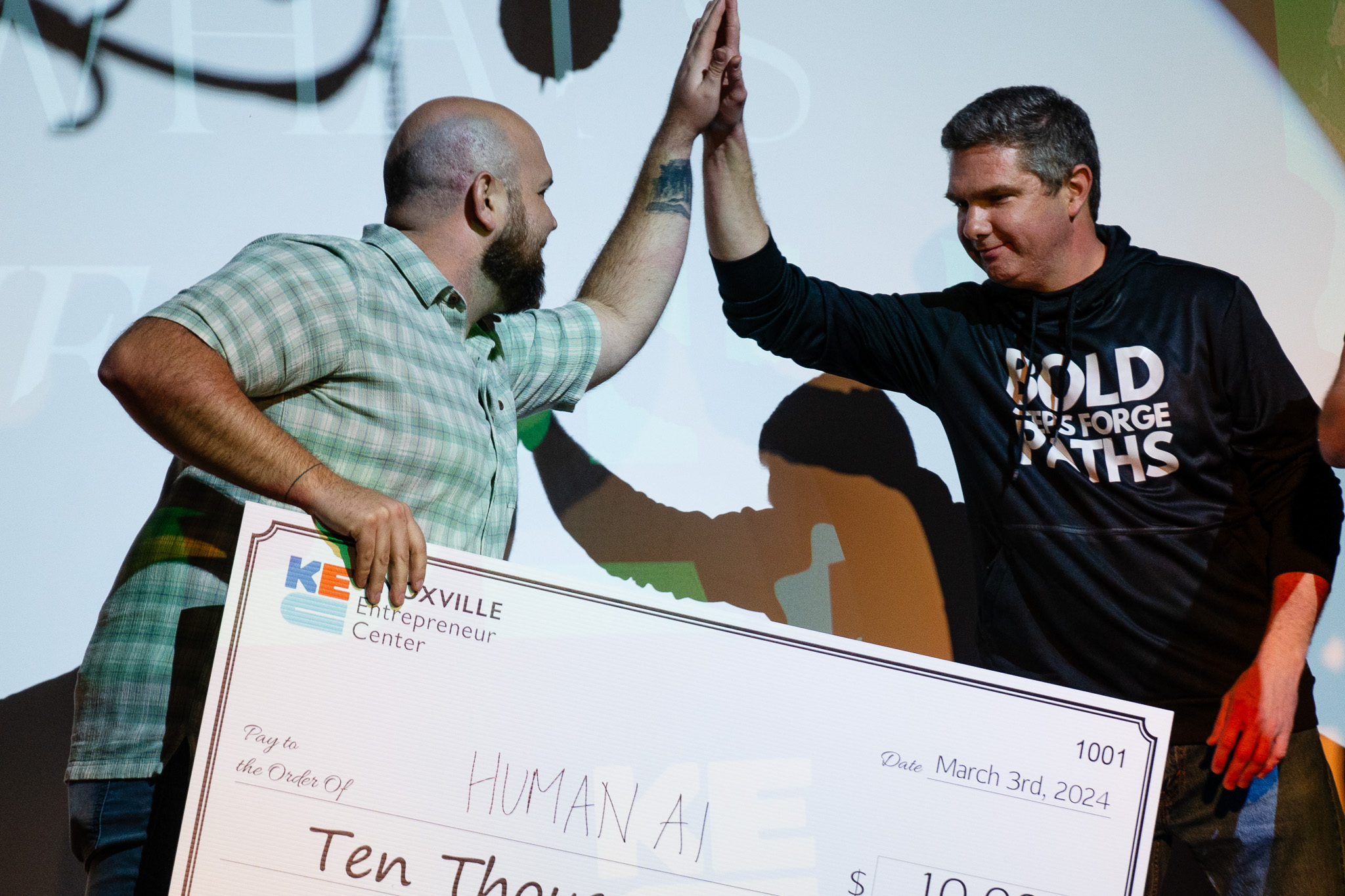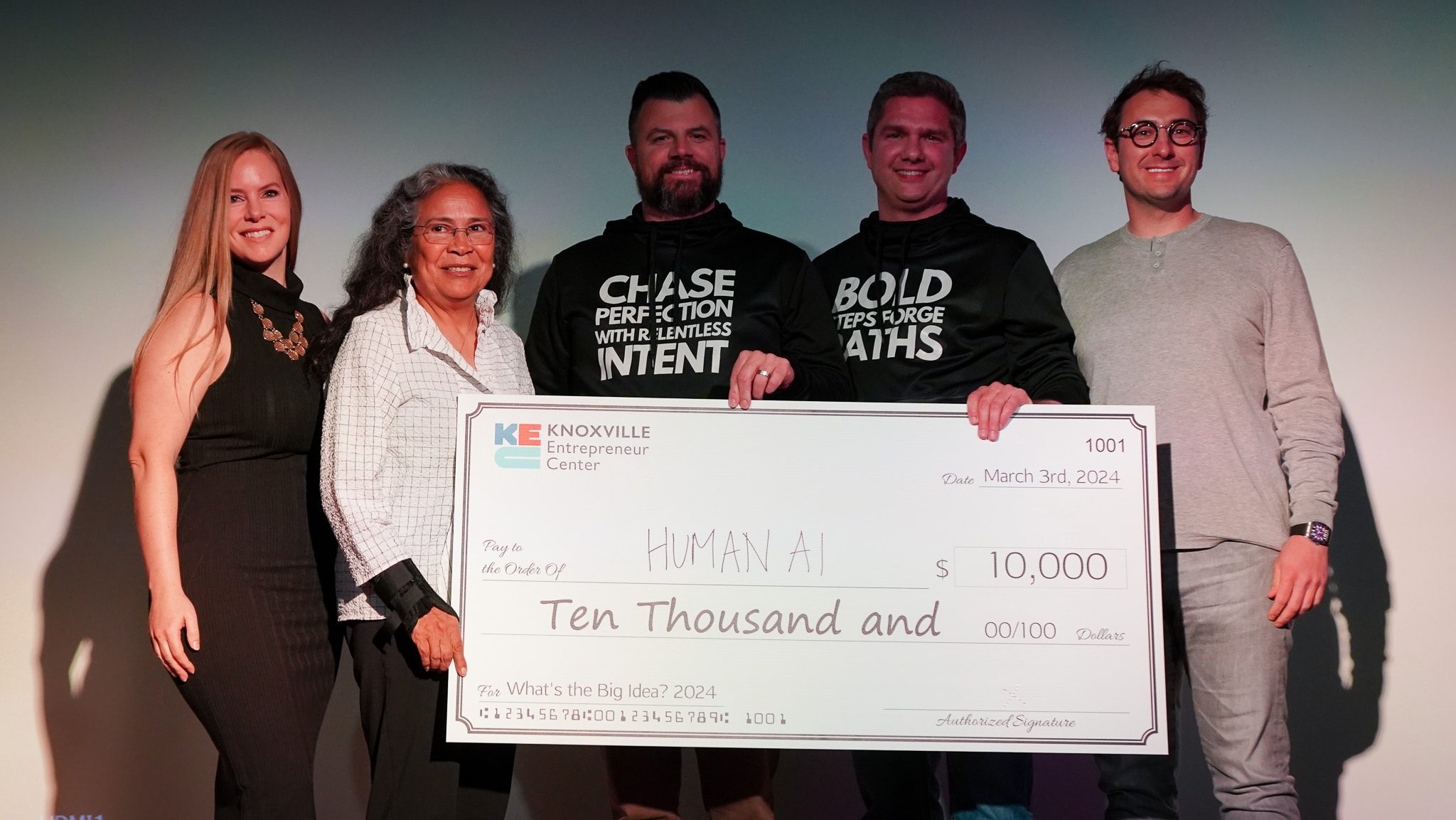
Eight entrepreneurs compete with six companies in this year’s “What’s the Big Idea?” pitch competition
HumanAI wins the $10,000 prize for its idea of "humans helping humans use AI.”
Eight entrepreneurs pitched six companies, but only one could win the $10,000 prize courtesy of the Knoxville Chamber at Sunday night’s “What’s the Big Idea?” competition. The event was organized and hosted by the Knoxville Entrepreneur Center.
As noted in yesterday’s edition, HumanAI captured the prize, besting the other competitors who had worked all weekend, along with a team of mentors, to refine their ideas and their pitches. Judges for the event were Charley Bible, Vice President of Business Development for KaTom Restaurant Supply; Breanna Hale, Executive Director for the Anderson Center for Entrepreneurship and Innovation at the University of Tennessee, Knoxville (UTK); and Rosa Mar, a longtime executive with Levi Strauss & Co.
Preston Garland, Co-Founder and Chief Executive Officer at HumanAI – the AI obviously stands for artificial intelligence – had one of the more memorable taglines of the night. “We are humans helping humans use AI,” he said, adding, “The AI revolution is here today. We’re democratizing AI for everyone.”
The company, which targets small businesses with one to 20 employees, charges $1,000 to onboard new clients and $1,000 a month after that. Longtime local entrepreneur Patrick Hunt was the lead mentor for HumanAI.
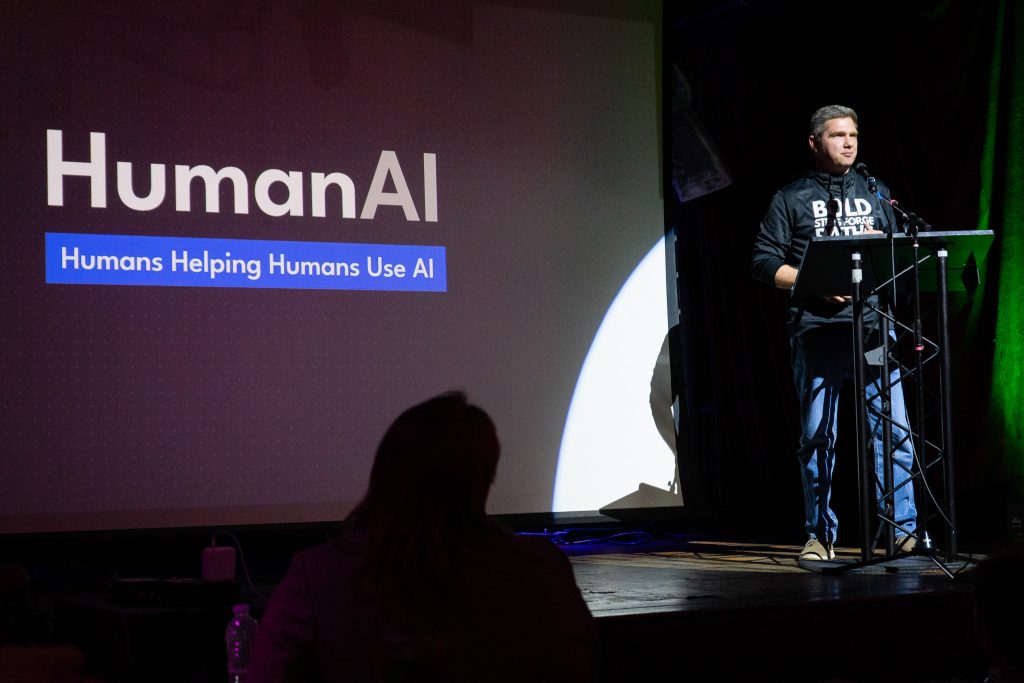
Other competitors, in order of their pitches, were:
- Agriwater, founded by Bianca Bailey and a participant in the 2022 cohort of the “Innovation Crossroads” (IC) program at Oak Ridge National Laboratory.
- Order Otter, co-founded by Mark Gill and PG Camp, is focused on giving distributors superpowers.
- SnowBnB, co-founded by Daniel and Macee Armston that provides “snow on demand.”
- Lib3, launched by Elisha Jewel as an alternative vehicle for researchers to publish their work and get paid for it.
- First Take Co, founded by Ethan Graham Roeder, produces bespoke events.
As each described their “Big Ideas,” it was clear that many of the presenters had been working on them longer than just the weekend.
For example, Bailey said she first started her focus on animal waste as a teenager and is nearing completion of her second year in the IC program.
“We could fill up 3,000 Neyland Stadiums with poop produced by farmers every year,” she said. The system that she is developing to recycle the waste and turn it into clean water would fit in a shipping container and sell for about $10,000. Those who buy it could amortize their investment in one to two years.
Gill said Order Otter, which is focused initially on retail stores that sell games, can save its clients an average of 72 hours each month through its software that links distributors, inventory, and the store’s point of sale system.
Macee Armston said she worked in the Sevier County short-term rental market for seven years and developed SnowBnB along with her husband as a way to give the owners of rental cabins a competitive advantage. More specifically, they have developed machines that can produce up to eight inches of snow an hour and cover a typical yard in about five hours.
For Jewel who is a UTK graduate, it’s a matter of access to research. She described her vision for Lib3 as “research verification as a service” that runs on blockchain.
Roeder said that consumer spending on experiences has increased by 65 percent in the past five years. He touted First Take Co’s work for the UTK Department of English on the recent Jane Austen Regency Ball as an example of experiences that the company can provide.
Like what you've read?
Forward to a friend!

